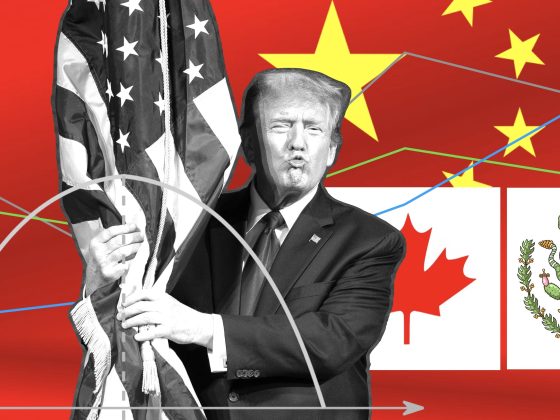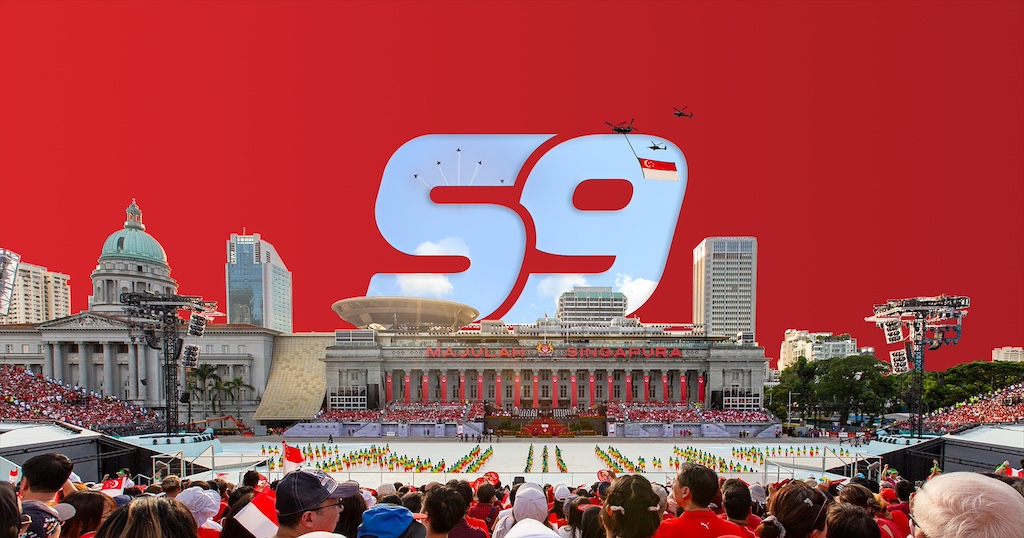UOB Asset Management Ltd (UOBAM) launched the United Sustainable Credit Income Fund (USCIF), the first bond fund in Singapore for retail investors which focuses on bonds from companies that are making progress against the United Nations (UN) Sustainable Development Goals (SDGs). The UN SDGs set the global agenda for sustainable economic, social and environmental development to be achieved by 2030.
Through the USCIF, retail investors will invest into the RobecoSAM SDG Credit Income Fund (the Underlying Fund). Managed by international asset manager Robeco, a global leader in sustainable investing, the Underlying Fund was previously available only to institutional investors and high-net-worth individuals. The multi-sector USCIF offers stable income through monthly dividend distributions.
Mr Thio Boon Kiat, Group CEO of UOBAM, said, “At UOBAM, we believe in investing for purpose and providing positive returns. With more Singapore investors including environmental, social and governance (ESG) considerations in their investment decisions, we are excited to partner Robeco, a global leader in sustainable investing, to offer investors the opportunity to do good while also enjoying stable income amid current market volatility. As more investors around the region look for impact investment options, UOBAM will continue to sharpen our ESG capabilities and to provide more investment solutions that balance investment returns with ESG outcomes.”
Using a proprietary framework developed by Robeco and RobecoSAM, the Underlying Fund assesses investible companies’ contributions towards UN SDGs by evaluating the sustainability impact of their products, operational processes and business practices. The assessment also helps to identify companies that are able to remain competitive and relevant in the transition to a more sustainable economy, thereby limiting investments in companies with a higher risk of default in the future. As the Underlying Fund is not assessed against a benchmark, it has the flexibility to select bonds, including green bonds, which are attractive in terms of both yield and their SDG-related efforts. In doing so, the Underlying Fund aims to maintain a high and consistent level of income.
Mr Tom Keenan, CEO of Robeco Singapore and Regional Head of Wholesale Asia ex-Japan at Robeco, said, “We are excited to partner UOBAM to introduce the RobecoSAM SDG Credit Income Fund to retail investors in Singapore. To Robeco, it is vital to consider the social and ecological effects of our investments, in addition to the traditional financial perspective. We are one of the first to develop a proprietary investing framework based on the UN SDGs. Applying this framework as a filter to our investment universe better enables us to screen out old-school business models that are becoming increasingly risky, and to identify those business models that are more future proof.”
UOBAM is one of the first regional asset management firms in Singapore to become a signatory of the UN-supported Principles for Responsible Investment. It is also a signatory to the Singapore Stewardship Principles for Responsible Investors. Since 2017, UOBAM has been progressively incorporating ESG factors in its investment research and securities evaluation and approval processes and is expected to complete the implementation for all asset classes in 2020.
The USCIF is UOBAM’s first fund in its offering of sustainable solutions. The initial minimum subscription sum is S$1,000 or US$1,000. For more information, please visit https://www.uobam.com.sg/ourfunds/highlights/united-sustainable-credit-income-fund/index.page.
About UOB Asset Management
UOB Asset Management Ltd (UOBAM) is a wholly-owned subsidiary of United Overseas Bank Limited. Established in 1986, UOBAM has been managing collective investment schemes and discretionary funds in Singapore for more than 30 years. We currently manage 56 unit trusts in Singapore and are one of the largest unit trust managers in terms of assets under management. As at 31 January 2020, UOBAM and our subsidiaries manage about S$36.5 billion (US$26.7 billion) in clients’ assets.









